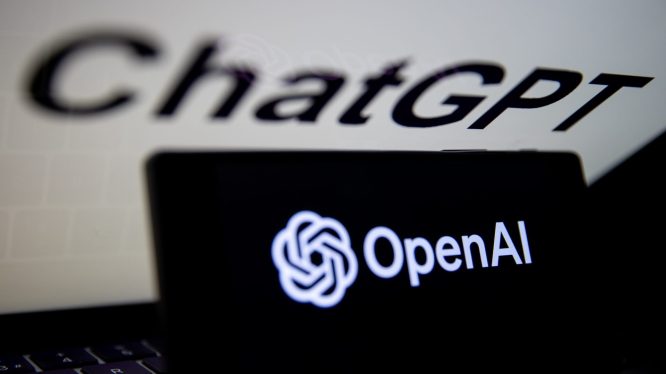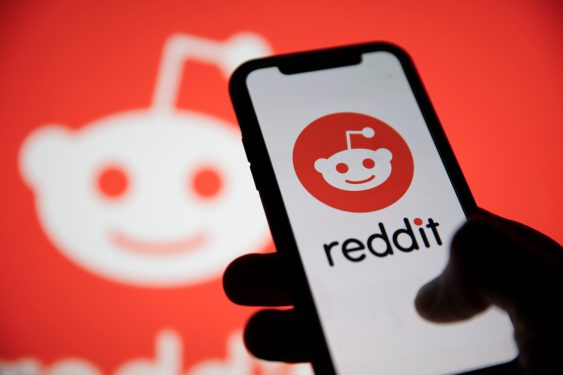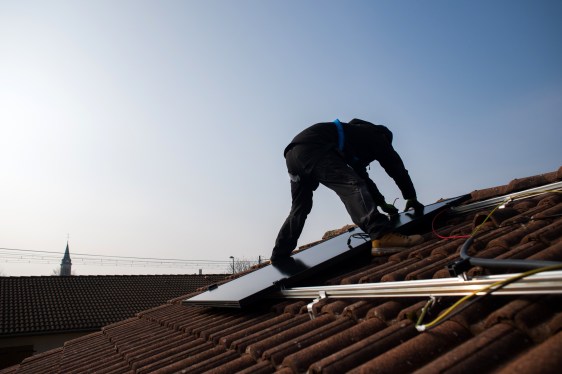In a recent fireside chat hosted by Coeus Collective, Siya Raj Purohit, a member of OpenAI’s go-to-market team for education, discussed the company’s plans to integrate custom chatbots into online curriculums. This development has significant implications for the education sector, which is currently worth an estimated $88.2 billion and expected to grow exponentially in the next decade.
The Vision for Custom GPTs
According to Purohit, OpenAI aims to empower educators to create custom "GPTs" (Generative Pre-trained Transformers) that can be integrated into online courses. These custom GPTs will enable students to engage with content in a more interactive and immersive way, promoting lifelong learning.
"What I’m hoping is going to happen is that professors are going to create custom GPTs for the public and let people engage with content in a lifelong manner," Purohit said during the fireside chat. "It’s not part of the current work that we’re doing, but it’s definitely on the roadmap."
Purohit also revealed that some educators have already started using OpenAI’s existing tools to create custom GPTs for their students. These custom GPTs can provide students with a vast repository of knowledge and enable them to research and explore topics in a more engaging way.
The Growth of AI in Education
OpenAI is aggressively pushing into the education market, which it sees as a key area of growth. In September, the company hired Leah Belsky, former Coursera chief revenue officer, as its first education GM to bring OpenAI’s products to more schools. This spring, OpenAI launched ChatGPT Edu, a version of ChatGPT built specifically for universities.
The AI in education market is expected to reach $88.2 billion within the next decade, according to Allied Market Research. However, growth has been sluggish so far due to concerns among educators about the effectiveness and reliability of AI tools.
Khanmigo: A Chatbot Integrating with Khan Academy’s Content Library
One example of how custom GPTs can be used in education is Khanmigo, a chatbot developed by Khan Academy in collaboration with OpenAI. Khanmigo provides students with pointers on homework assignments, test prep, and other educational tasks, tightly integrating with Khan Academy’s vast library of educational content.
However, the testing of Khanmigo has revealed some limitations of AI in education today. When The Wall Street Journal tested the chatbot in February, it struggled with basic math and often failed to correct errors when asked to double-check solutions.
Purohit’s Response: Improving the Tech
Despite these challenges, Purohit asserted that OpenAI’s models are constantly improving, and the company is committed to translating this progress into practical applications for education. "All of our models keep getting better, and our goal is to help translate that into what works in learning and teaching," she said.
Educators Remain Skeptical
However, educators remain largely skeptical about the use of AI tools in education. A recent survey by the Pew Research Center found that a quarter of public K-12 teachers believe using AI tools does more harm than good. Another poll by the Rand Corporation and the Center on Reinventing Public Education revealed that only 18% of K-12 educators are applying AI in their classrooms.
The Future of Custom Chatbots in Education
As OpenAI continues to push into the education market, it is clear that custom chatbots will play a significant role in shaping the future of online learning. While there are still challenges to overcome, Purohit’s vision for empowering educators to create custom GPTs offers a promising direction for the sector.
Whether or not custom chatbots can live up to their potential remains to be seen. However, one thing is certain: OpenAI is committed to driving innovation in education and will continue to push the boundaries of what is possible with AI and custom chatbots.




